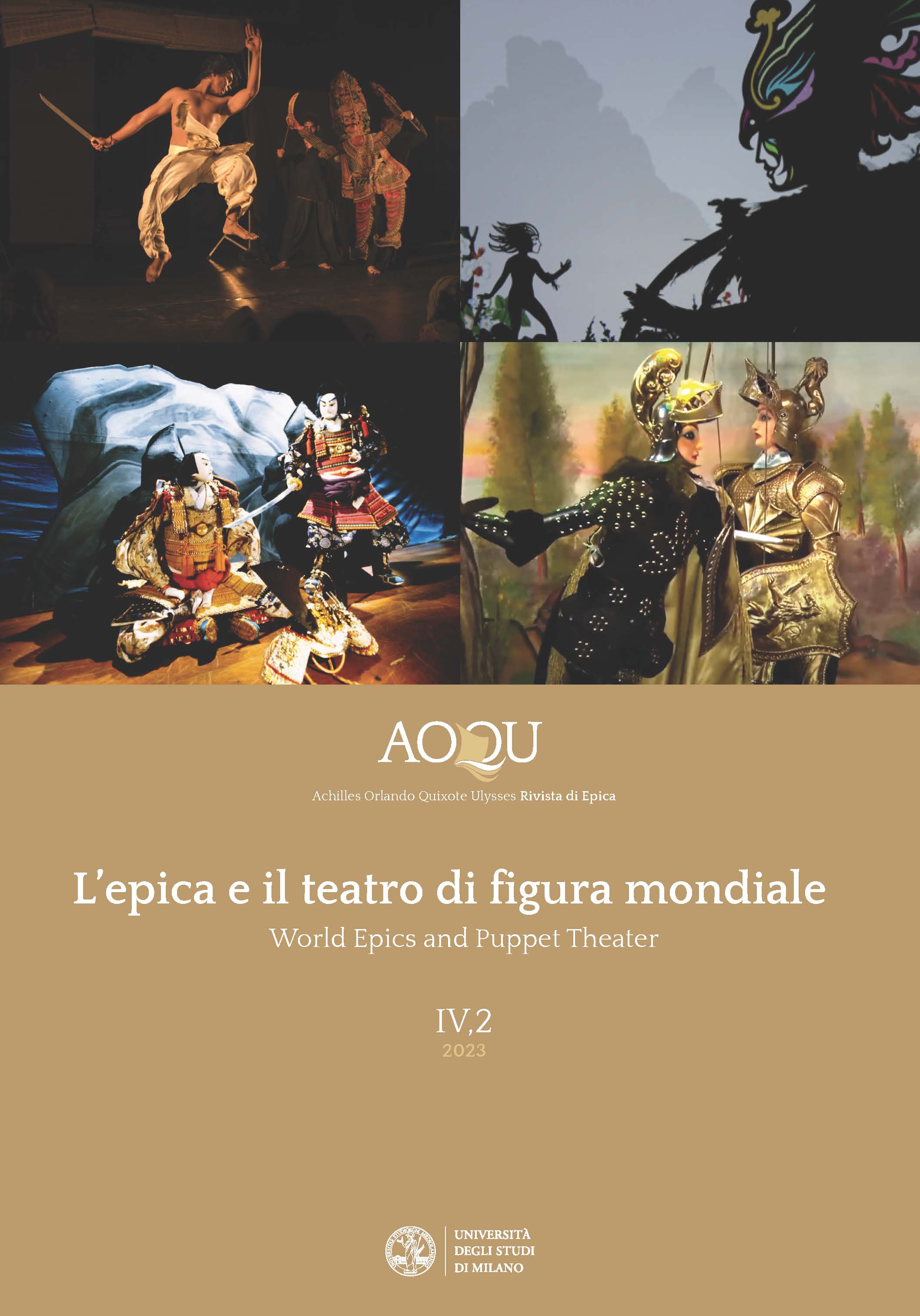Abstract
The story of Rinaldo exiled and then emperor in the East is the subject of a fifteenth-century poem titled Trabisonda. Giusto Lodico incorporated these events in his Storia dei Paladini di Francia, a prose narrative that combined the plots of many Carolingian poems and that became the direct source of inspiration for the Opera dei Pupi. The adventures of Rinaldo as emperor, recounted in the poem and then reshaped by Lodico and the puppeteers, constitute an example of the transformation in meaning that chivalric narratives have undergone over time in relation to different historical contexts. In the fifteenth century, when the Christian West felt the Ottoman threat, we see how the story of Rinaldo had both a polemical and a propagandistic function. Many centuries later, in nineteenth- and twentieth-century Sicily, we see instead how the episodes concerning Rinaldo as emperor represented the acme of that aspiration to re-establish a more just world order that Antonino Buttitta and Antonio Pasqualino identified as the essential reason for the success of chivalric stories among the Sicilian subaltern classes in the pre-consumer era. Rinaldo, humiliated and despised in the West by Charlemagne and Gano and glorified in the East by the Saracens, became the tangible example of the fact that sometimes things can go right in the world as well as a model of social mobility that invited consideration of the pressing need to emigrate for work as a real possibility of redemption from poverty.

